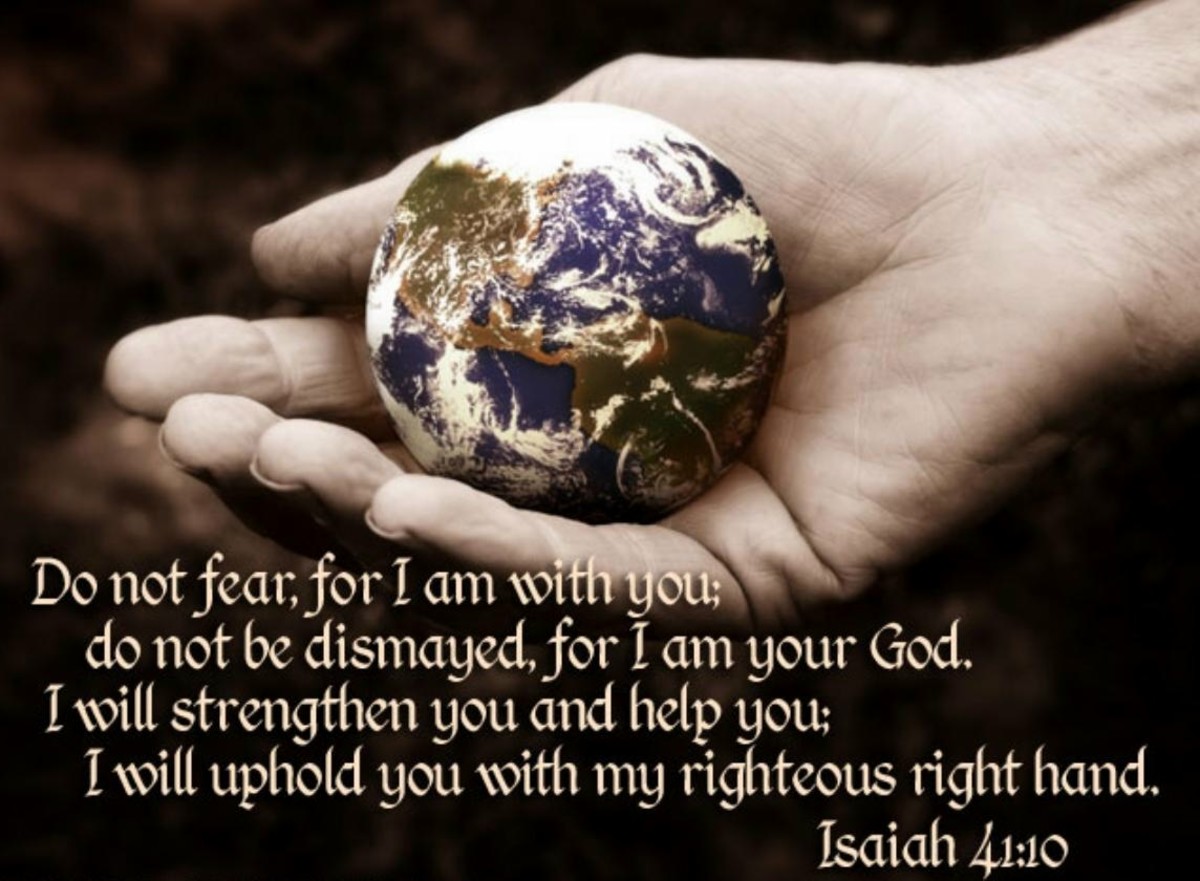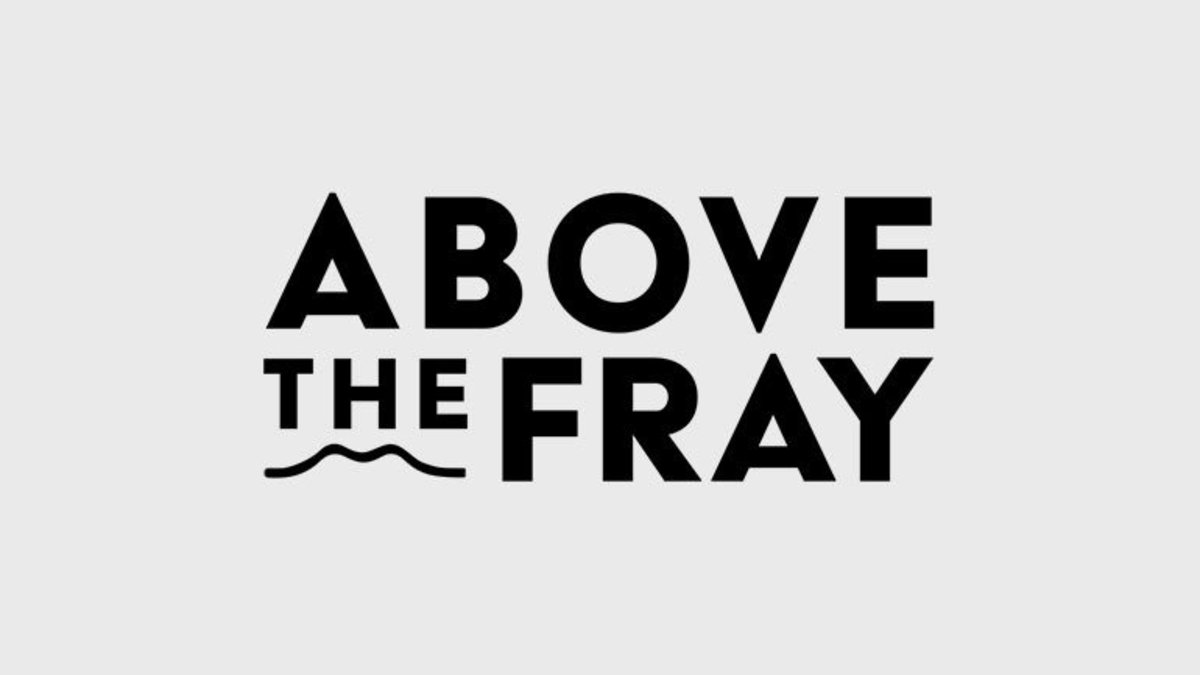Functions of Prayer

Can an Agnostic Pray?
When I was a kid, I would pray every night before going to sleep. It was pretty standard stuff. I would say an “Our Father” or a “Hail Mary,” thank God for whatever good things happened that day, and ask for help / blessings / favors for the future. It was a natural, spontaneous kind of an activity, and to a certain degree, I had a simple, childlike belief that someone was listening.
When I went off to college, I started to take spirituality more seriously. Through activities with different evangelical Christian groups and time set aside for personal Bible reading and meditation, both public and private prayer were much more integrated into my daily life. But the more deeply that I thought about spiritual questions and activities, the less natural and spontaneous my religious life became. Prayer, in particular, became an increasingly confusing activity, and as doubts about my religious faith grew, praying started to feel insincere. How do you talk to someone when you are not sure if he even exists? And if he (she, it or they) exists, how do I know if I am talking to the right deity, spirit, or presence? Personally, if someone addressed me while misunderstanding my proper identity or doubting my very existence, I would not do a whole lot of listening.
So now, as I have written about before, I am basically a Unitarian agnostic. Prayer in a Christian sense, therefore, is not something that I do too often. And yet there are times that the old childlike compulsion to pray will pop up. So what do I do with this compulsion? Should I brush it aside as one of many leftovers of a childish superstition? Or is it still possible for me to give in to this desire and experience prayer as I once did?
Types of Prayer
To answer this question, it is necessary to define the term prayer. This single term, after all, encompasses activities with a wide variety of motivations and goals. To demonstrate what I mean, and further explain why I find prayer so confusing, I will place the most common types of prayers into categories:
For other people: This can be a noble activity. It can be one of those rare experiences where we look beyond ourselves and think about someone else. A problem arises, however, if we pray for others and do nothing else. Prayer can become a substitute for action, a way to feel that we have helped others without having to make any real sacrifice of time, resources, or effort.
For favorable circumstances: At its worst, this is one of the ultimate examples of egotism. For example, if we pray that God will override the weather report which predicts rain on our planned picnic tomorrow, we are essentially asking God to alter global weather patterns in order to meet our individual needs. And if a neighboring farmer had been praying for rain for months, well that’s just too bad. Or if we pray that God will cause an underdog candidate to win an election tomorrow, then we are essentially asking God to override the free will of a certain number of individuals in order to insure the desired result. Do we really expect God to alter highly complex political, economic, and/or natural forces to meet our needs? Of course, we can also pray for God to provide favorable circumstances for others, which is at least noble. Unfortunately, it is just as illogical. And why is it even necessary to pray for favorable circumstances in the first place? Does God need someone to ask him to do something good before he will go and do it? If he were in the business of actively intervening in order to prevent negative circumstances, then there would not be so many bad things happening in the first place.
Thanksgiving: Giving thanks is a healthy thing to do. Too often, we tend to focus on the negative, taking good things for granted. Still, prayers of thanksgiving can be just as irrational and self-absorbed as prayers for positive circumstances. Often, when people survive a horrible disaster in which many others died, they will thank God for arbitrarily choosing them to stay alive. If God, in his omnipotence, took action to save you, then you should also hold him responsible for allowing others to die. It’s fascinating to see how often people are happy to give God credit for good things but none of the blame for the bad. Thanking God for saving you from a natural disaster, plague, or other “act of God” does not make a lot of sense.
Praise: Praise is perfectly natural. We all do it. The only question is what or whom you will praise: a great song, a sport you love, a family member, or a natural wonder. This praise is not necessarily expressed in words. Instead, it is often expressed through our emotions or in the choices that we make in how we spend our time. Christians believe that God created the world and all that is in it in order to give him glory and praise. If I were to say that the goal of my writing was to receive praise, however, then most people would consider me to be an egomaniac. With God, however, it may be a different story. If he is the epitome of perfection, than a human can only reach his or her full potential when directing praise toward Him. Either that is true or we have invented a God who is as much of a praise seeker as we are.
Cry for understanding: Anyone who is truly alive also experiences this on occasion. It’s impossible for a thoughtful, empathetic person to not have moments when he or she cries out in confusion, pain, or despair. This may be the healthiest of all prayers. It is emotionally and intellectually honest, and it can lead to real humility, a trait often lacking in the world. Unfortunately, easy answers are hard to come by.
Cry for strength: In this request for help, the person praying is asking for the ability to physically or spiritually carry on. Some might see this as a sign of weakness or just another way to focus on the self. But like the cry for understanding, it also happens to be very natural, leading to both honesty and humility. And when one prays for the strength to help others, it can be prayer at its best.
Repentance: This is essentially an apology and a request for forgiveness. At its worst, this can be a way of dealing with guilt by either wallowing in self-pity or offering up a token prayer to wipe the slate clean. At its best, this can lead to some real soul searching that leads to long-term changes in behavior. Since we all mess up, we will all find ourselves repenting at times, whether it is to a spiritual force or people that we know.
Request for guidance: I can understand why people might ask for advice when facing a difficult moral dilemma or major life decision. Some, however, seem convinced that God has a plan for each little aspect of their lives, so they seek “his will” on virtually every decision. Personally, I find it unlikely that the creator of the universe is interested in micro-managing his creatures on this level. Decision-making is a major part of maturity, and if he wanted obedient drones, he would have given us smaller brains and stronger instincts just like every other semi-intelligent creature on earth.
Communion with other people: Many people enjoy praying in groups. It can bring people together with a common focus and tighten the bonds between them. Personally, however, I always found this to be a bit awkward. Too often, I felt like I was performing when praying in a group, and I wanted people to think that I was a noble human being who knew how to pray correctly. It seemed that this kind of self-consciousness defeated the whole purpose.
Communion with god (mysticism): In Christianity, the emphasis is on proper belief. Faith, not good deeds or religious ritual, is viewed as the path to salvation. In eastern traditions, however, I get the impression that the divine presence is experienced, not defined. And even in monotheistic traditions, you will often find people who turn to meditation, seeking to experience God rather than simply talking to him and learning the proper doctrines. On more than one occasion, I have heard that scientists have actually measured the impact of mystical experiences on the brain. Essentially, during intense meditation, the part of the brain that distinguishes the self from external surroundings shuts down somewhat, and the person literally feels a sense of oneness with the universe. Mystical experiences seem universal, with people of different religious backgrounds sensing “God” in the same way.
Conclusions
On a superficial level, the efficacy of prayer comes down to a simple question: Is anybody listening? If the atheists are right, or if a person is directing prayers toward the wrong spiritual force(s), then it all seems like a waste of time. It is the action of a weak and/or deluded person seeking to influence events that are out of his or her control, find comfort in a world that can be harsh or lonely, or seek answers to questions with no simple answer.
But when you examine prayer a little more closely, and look beyond the ritual and the theological concepts, this activity may no longer seem so foolish and pointless. All of us have the compulsion to seek answers, give praise, have some influence over events, and ask for help or forgiveness. The only issue is the outlet we choose to meet these needs, and some of the available options may be just as “irrational” as prayer. And for an agnostic like myself, it is important to recognize that a wise, benign, spiritual force(s) will be able to look beyond whatever doubts, “flawed” theology, or other spiritual weaknesses of the individual doing the praying. The motivations of the one calling out in prayer, the degree of honesty and nobility behind the act, are what matter. If a wise and benign God exists, he is not going to reject a noble soul because this person’s religious imagery and theological concepts fall short. (Don’t they all fall short?) Only a God created in the image of man could ever be so petty and egotistical.
It is also important to note that prayer is about more than the words thought or spoken, requests being made, or existence of the listener. The most important aspect of prayer may be the impact that it has on the one doing the praying. Praying can calm us down, focus our attention on the outside world, force us to be honest with ourselves, and help us to connect with nature or with others. And who knows? If some benign supernatural force(s) exists, he or she or it or they may respond in ways that a little, agnostic mind like mine cannot even remotely comprehend. So the next time the compulsion hits me, I will offer up a little prayer. It can’t hurt.









